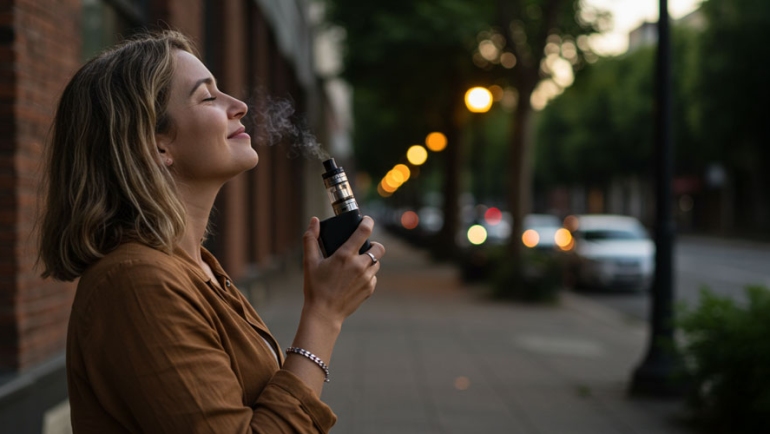The UK’s disposable vape ban will put children at greater risk by fuelling the black market, action groups have warned.
The ban on single-use vapes, along with tighter restrictions on flavours, packaging and in-shop displays is intended to make vaping less appealing to children and young people.
British Prime Minister Rishi Sunak announced the new law – which is set to come into force later this year or early 2025 – in response to a government consultation titled ‘Creating a smoke free generation and tackling youth vaping’.
However, vaping action groups have spoken out against the ban, saying it fails to recognise the crucial role vaping plays in helping people to quit dangerous cigarettes and will simply fuel illicit trade in vapes.
The UK Vaping Industry Association said in a statement: “The UKVIA is dismayed at the government’s decision to ban disposable vapes, which have been instrumental in bringing the UK’s smoking rates down to a record low and have played a key role in helping millions of adults quit and stay off cigarettes.
“This counterproductive legislation will sooner put children at greater risk by turbo-charging the black market and, in turn, making it easier for them to access illicit and non-compliant vapes.”
Muntazir Dipoti, National President of the Federation of Independent Retailers, said the ban is not the most effective way to prevent young people from taking up vaping.
He said: “While we agree that action is needed to prevent children and young people being attracted to vaping, we do not believe that banning disposable vapes is the way to go about it.
“An outright ban will simply send youngsters towards unorthodox and illicit sources where there is no compliance to tobacco and vaping laws, while the products they peddle are likely to contain dangerous and illegal levels of toxic chemicals.”
He added that disposable vapes are usually more affordable than chargeable options and, as such, are a bigger incentive for adult smokers to switch to vapes.
A better strategy to clamp down on young people vaping, he said, would be for the government to make more funding available for educational campaigns. He also said more enforcement activity is required, especially at country borders, to prevent counterfeit products from entering the market.
Mr Dipoti believes the introduction of a disposal scheme – similar to the deposit return scheme being planned for single-use drinks containers – would better address concerns over the environmental impact of disposable vapes.
He said: “Vape retailers are responsible and offer a recycling option, but the government should be looking at making available more ways to safely recycle disposable vapes.”
Marcus Saxton, Chair of the Independent British Vape Trade Association said he fears the ban will have the opposite effect to that intended – by pushing many people from vaping back to smoking.
He said: “The real concern here is that, yes, how do we ensure that the safety of these products only goes into the hands of adult smokers. But the concern around a ban, if that border enforcement or local Trading Standards money doesn’t get to the right place, is that this could really revert many smokers back to that killer which is combustible cigarettes.
“Flavours play a critical role in helping smokers move away from tobacco and stay off tobacco flavour and combustible products. So, they mustn’t throw the baby out with the bathwater here. We’ve got to focus on the issue of disposable vapes in the hands of youths – but ensure that vaping the materially safer alternative to smoking is available through reputable retailers.
“Big tobacco will be rubbing its hands with glee in anticipation of possible vape bans and increasing their sales.”



